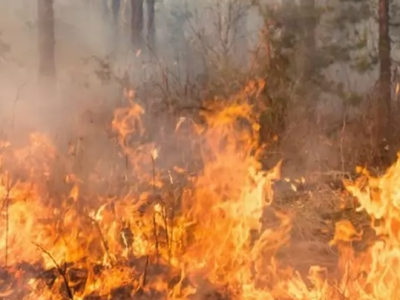“Global boiling” might sound like a play on the more commonly known term “global warming.” While both address climate-related issues, it’s essential to understand the nuances. IRM’s Climate Change Risk Management Guidance note provides excellent insights but in this article, we’ll explore what “global boiling” means, how it relates to climate change, and the risk management measures it calls for.
Understanding Global Boiling
“Global boiling” is a term used to emphasize the more extreme and immediate consequences of global warming. As the Earth’s temperature rises, it’s not just a mild warming we’re experiencing but a ‘boiling,’ where extreme weather events, rising sea levels, and other significant environmental changes occur at accelerated rates. It’s an expression designed to convey urgency.
Implications of Global Boiling
- Extreme Weather Events: One of the most visible effects of global boiling is the increasing frequency and intensity of extreme weather events such as hurricanes, droughts, heat waves, and heavy rainfall. These events lead to significant loss of life, and property, and disrupt communities.
- Rising Sea Levels: As global temperatures rise, polar ice caps melt at an alarming rate, contributing to rising sea levels. This phenomenon poses a severe threat to coastal cities and island nations.
- Biodiversity Loss: With rapid changes in the environment, many species struggle to adapt, leading to mass extinctions. This loss affects global ecosystems and can disrupt food chains and human livelihoods.
- Economic Impacts: From agriculture to real estate, no sector remains untouched by the effects of global boiling. Crop failures, property damages, and disrupted supply chains can lead to economic downturns and increased poverty.
- Health Risks: Rising temperatures can exacerbate health problems. They can lead to the spread of tropical diseases to areas where they weren’t prevalent before and amplify respiratory and cardiovascular issues.
Climate Change and Risk Management Perspective
- Forecasting and Preparedness: It’s crucial for governments and organizations to invest in tools and technologies that help forecast extreme weather events. This would aid in the early preparation and potentially reduce the adverse impacts.
- Infrastructure Resilience: Building infrastructure that can withstand the challenges of global boiling, from flood-resistant urban planning to drought-resistant crops, is essential.
- Education and Awareness: Individuals must be educated about the reality of global boiling. An informed public can take precautionary measures and support sustainability initiatives.
- Diversified Economic Strategies: Economies dependent on single resources, especially agriculture, should diversify to protect against potential losses due to climate impacts.
- Healthcare Adaptation: Healthcare systems need to be prepared for the diseases and health issues exacerbated by rising global temperatures, ensuring they have the necessary resources and training.
- Biodiversity Conservation: Efforts should be made to conserve biodiversity. Protected areas, wildlife corridors, and conservation programs can help safeguard the planet’s flora and fauna.
- International Cooperation: Climate change knows no borders. International collaboration is essential to address the global challenge it presents. Countries need to work together, sharing resources, research, and strategies to mitigate the impacts.
“Global boiling” paints a more vivid picture of our planet’s dire state than the term “global warming.” It’s not just a change; it’s a crisis. But in every crisis lies an opportunity. The challenges posed by global boiling necessitate comprehensive risk management approaches that not only protect us from immediate harm but also pave the way for a sustainable future. The task might be monumental, but with combined global efforts, a brighter, sustainable future remains within our grasp.














